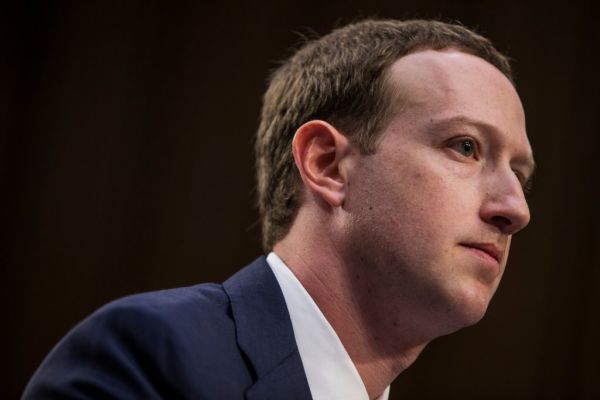Facebook CEO Mark Zuckerberg has told US senators his company is in a constant battle with Russian operators seeking to exploit the social network.
“This is an arms race. They’re going to keep getting better,” he said.
Mr Zuckerberg was answering questions in the wake of the Cambridge Analytica data collection scandal.
He also revealed Robert Mueller, the special counsel investigating alleged Russian meddling in the 2016 election, had interviewed Facebook staff.
Mr Zuckerberg said he has not been among those interviewed by Mr Mueller’s office.
But he added: “Our work with the special counsel is confidential and I want to make sure that in an open session I’m not revealing something that’s confidential.”
In February, Mr Mueller’s office charged 13 Russians with interference in the 2016 election, along with three Russian companies.
One was the Internet Research Agency, sometimes referred to as a “Russian troll farm”, which the indictment said had a “strategic goal to sow discord in the US political system”.
Mr Zuckerberg said the company was now developing new tools to identify fake accounts.
“There are people in Russia whose job it is to try to exploit our systems and other internet systems and other systems as well. We need to invest in getting better at this too.”
The Facebook chief fended off questions from senators about how the social network might be regulated more closely.
Senator John Kennedy warned him: “I don’t want to have to vote to regulate Facebook. But by God, I will. That depends on you… Your user agreement sucks.”
When pressed, the 33-year-old billionaire tech titan said he would welcome regulation, if it was the “right regulation,” though he avoided specifics.
What is the Cambridge Analytica scandal about?
The company is best known for its association with Donald Trump’s 2016 election campaign, and has claimed it played “an integral part” in Mr Trump’s victory.
But it says none of the data involved in the recent scandal was used to help the Trump campaign.
The news that a personality quiz developed by an academic, Aleksandr Kogan, had collected data not just from the people who used it but also from their Facebook friends was revealed by newspaper investigations. Mr Kogan then sold the data to Cambridge Analytica.
Both companies also say they moved to have the data deleted once they learned of the problem in 2015.
Hours ahead of the congressional hearing, Facebook also revealed that private messages from some 1,500 users were included in the data collection.

